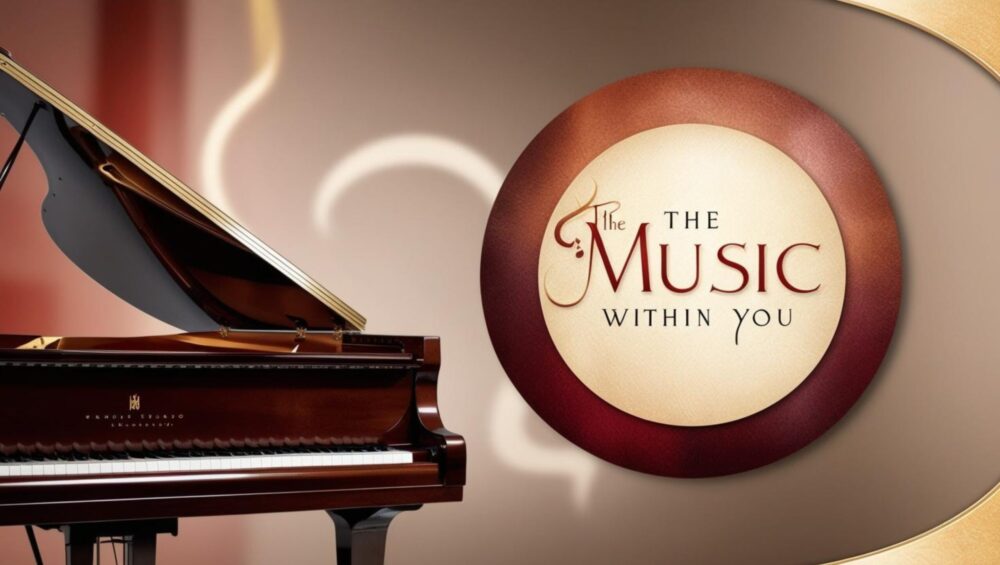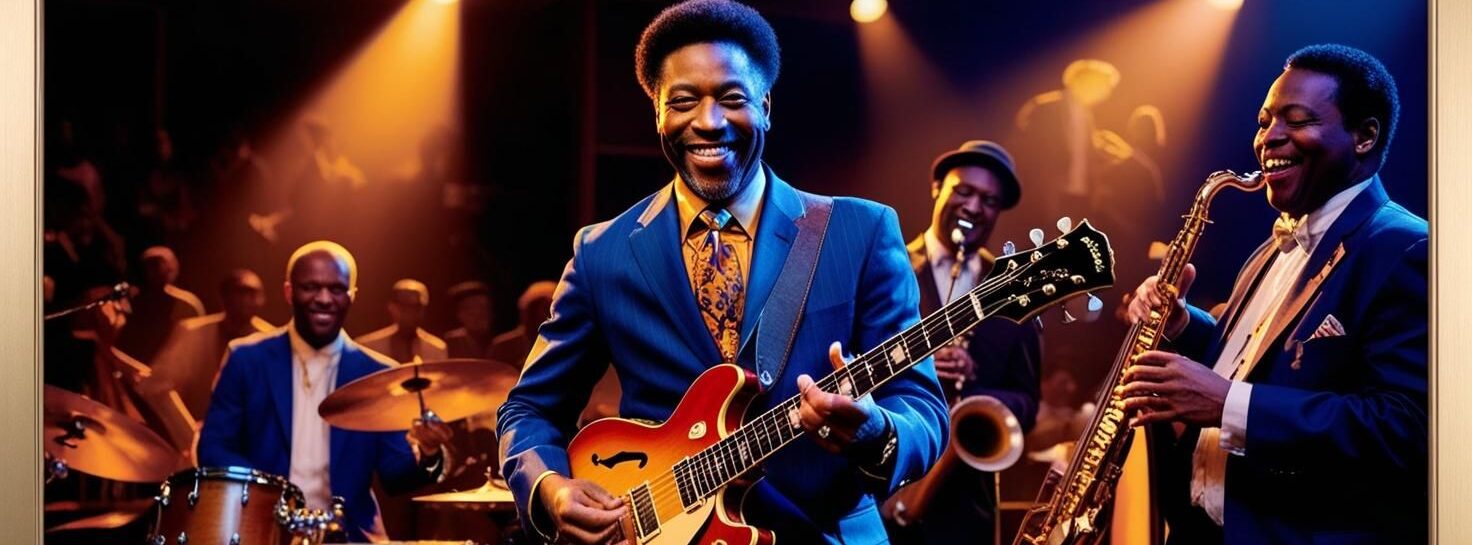Acoustic guitars are like the OG when it comes to music. They have this kinda raw, untouched vibe that makes them perfect for getting your musical feet wet. You know, before you step into the wild world of electrics.
Ever heard a musician talk about fingerpicking? Yeah, that’s where the acoustic shines. Think of it as a workout for your fingers—building strength, agility, and precision. You get to play with some delicate intricacies, giving your hands the training they need for electric later on.
Acoustic guitars have been around forever. I mean, think of the legends and bards of the past, strumming their stories. Their historical significance in music is huge, bringing that authenticity and connection to the genre’s roots.
It’s kinda like getting to know a good friend. Acoustic guitars come with their own anatomy, from the body to the headstock. Understanding the parts of your instrument will make you comfortable and set you up for a deeper dive into music-making.
Building Strong Foundations: Skills to Master on Acoustic
Getting to grips with an acoustic guitar isn’t just about plucking at strings; it’s about building a solid base that sets you up for life. You start by beefing up those fingers. Acoustic guitar needs strength and agility, kinda like a workout but for your hands. It’s where you build up that endurance to handle more advanced techniques down the line.
You know what else needs training? Your ears! Acoustic guitars have this pure, unfiltered sound that’s perfect for ear training. You’ll start hearing things differently—identifying chords, pitches, and changes like a pro over time.
Rhythm is everything, right? With acoustic, it’s where you really hone your sense of timing. You learn to keep a steady tempo and integrate your rhythm skills naturally into every song you play.
Don’t forget about those basic chords. They’re your bread and butter. Acoustic helps you nail down those transitions smoothly. It might seem simple, but this is the groundwork. Master these and moving to electric will feel like a breeze.
The Acoustic Experience: Cultivating Authentic Expression
Acoustic guitars have a vibe, a kind of raw, organic sound that cuts through any room. It’s the perfect canvas for crafting authentic musical expression. You play, and there’s nowhere to hide; just you and the music.

Playing acoustic isn’t just about technique; it’s about feeling the music. It helps you connect emotionally with what you’re playing. Whether it’s happiness, sorrow, or something in between, acoustic lets you project that with sincerity.
Here’s where acoustic shines: improvisation and personal style. Without any effects to cover up mistakes, you learn to trust your instincts and develop your unique sound. It’s real and unfiltered, helping you build confidence in your own voice.
Dynamics are key on acoustic. You learn to play with your volume and tone, understanding when to strum hard and when to hold back. It’s not just about notes; it’s about storytelling through your strings. Once you get that right, your music speaks volumes.
Transitioning to Electric: Benefits of an Acoustic Mastery
Mastering acoustic guitar builds a skill set that’s totally adaptable when stepping up to electrics. The precision and control you develop on acoustic translate seamlessly to an electric setup, making the transition smoother than you might think.
Noticing the little nuances and technical differences is key. Acoustic grounding means you’ve got those basics down, so when you do switch it up, you’re less likely to get tripped up by the small stuff.
Versatility becomes your superpower. With acoustic under your belt, switching between styles—whether blues, rock, or even jazz—becomes easier. You can dance between the mellow acoustic sounds and the vibrant electric riffs effortlessly.
Tonally, you’ll appreciate the distinct differences and interplay between the instruments. Acoustic teaches you about volume control and projection, which helps in getting the tone just right when you’re plugged into an amp. Embrace this interplay, and your overall musicianship will reach new heights.





